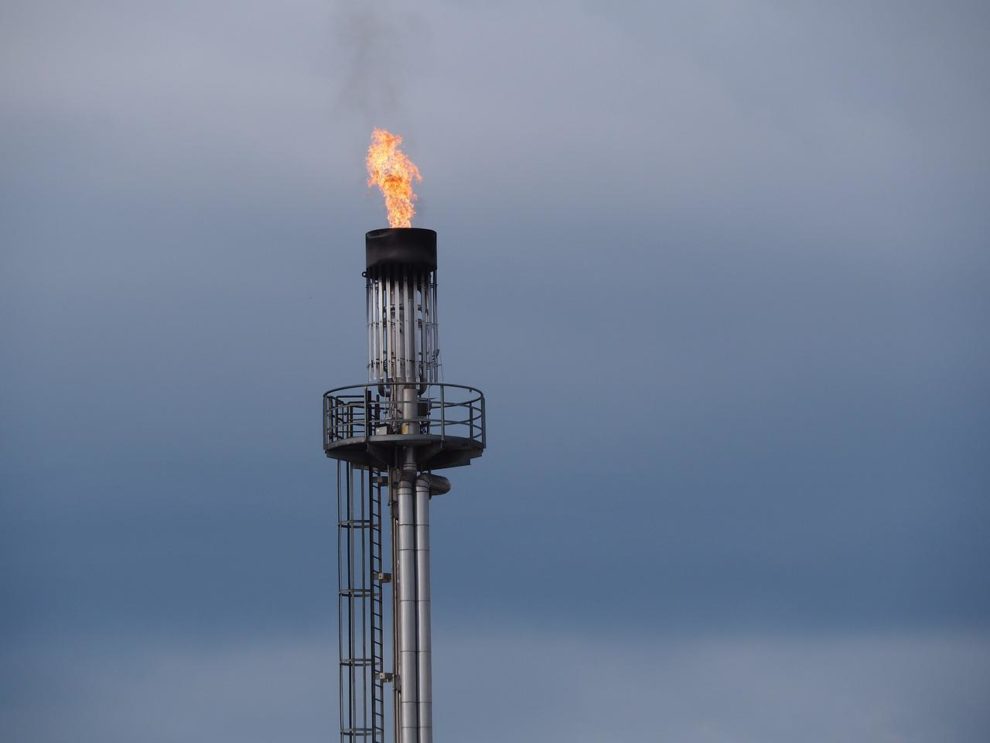Gas production has started at Karish, an offshore field at the centre of a maritime border deal between Israel and Lebanon, London-listed Energean said Wednesday.
“Gas is being produced from the Karish Main-02 well and the flow of gas is being steadily ramped up,” a statement from the company said.
The announcement comes a day before Lebanon and Israel are expected to sign their maritime deal, following lengthy negotiations mediated by Washington.
Energy assets were fiercely contested in the talks, with Israel ultimately securing full rights over Karish as part of the accord.
Production at the other two gas wells at the site is due to begin within the next four weeks, Energean said.
Karish joins Tamar and Leviathan to become Israel’s third offshore rig providing natural gas, with each connected to the mainland by separate infrastructure.
Under the accord with Lebanon, Beirut will have full rights to operate and explore the so-called Qana or Sidon reservoir nearby.
Parts of the site fall within the territorial waters of Israel, which will receive some revenues.
Indirect talks between the two countries — which remain technically at war — were launched in 2020.
US President Joe Biden earlier this month hailed the deal as a “historic breakthrough”.
Washington’s envoy Amos Hochstein will travel to Lebanon and Israel on Thursday when the deal will be finalised, the State Department said.
Frederic Hof, the US mediator in 2020, said the agreement was intended to “eliminate as much as possible the possibility of a war at sea between Israel and Lebanon“.
“Israel has hopes and plans to maximise its natural gas resources and eventually export to Europe. Lebanon wants to move quickly to complete exploration and begin exploitation,” he told journalists on Wednesday.
Karish was a major source of friction in the negotiations, with Israel insisting the field fell entirely within its waters and was not a subject of negotiation.
Lebanon reportedly claimed part of the field and Hezbollah, the powerful Iran-backed militant group that holds huge sway in Lebanon, threatened attacks if Israel began production at Karish.
After the accord was announced on October 11, Hezbollah said it would support the deal if it was officially endorsed by the Lebanese government.
The agreement was formally approved by Beirut two days later.
